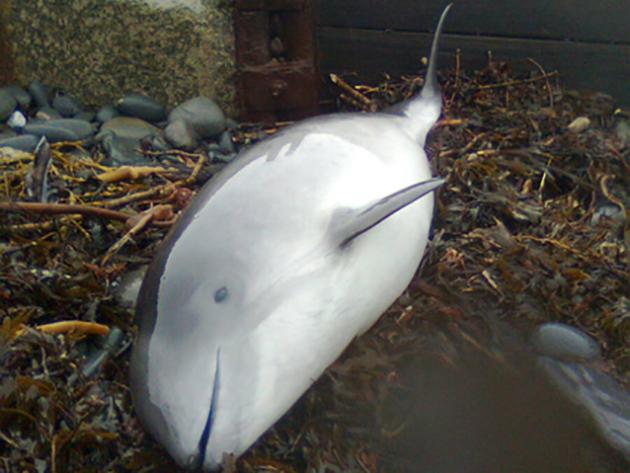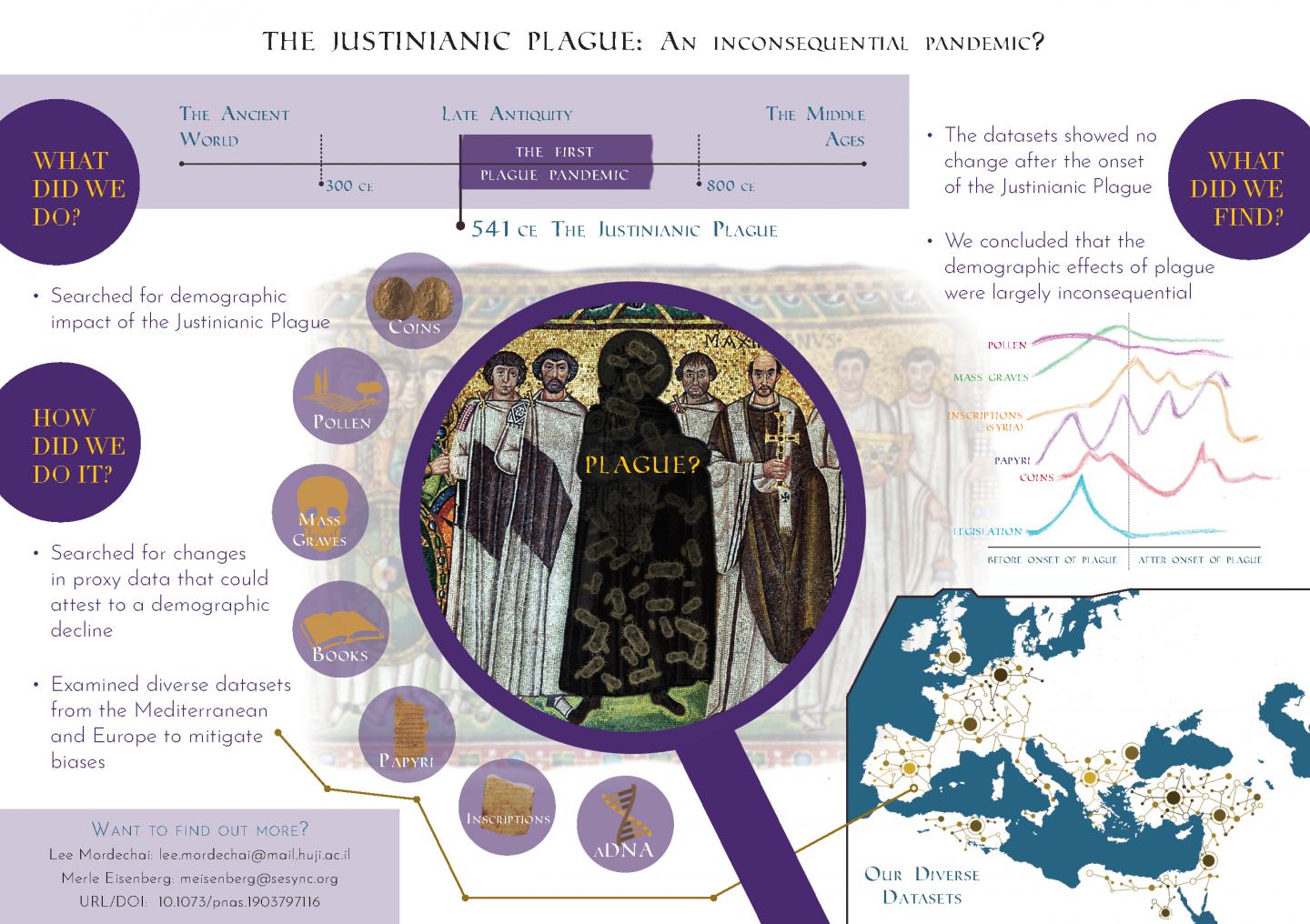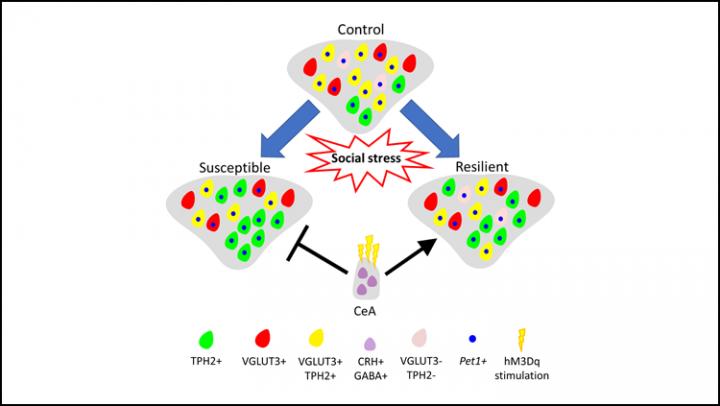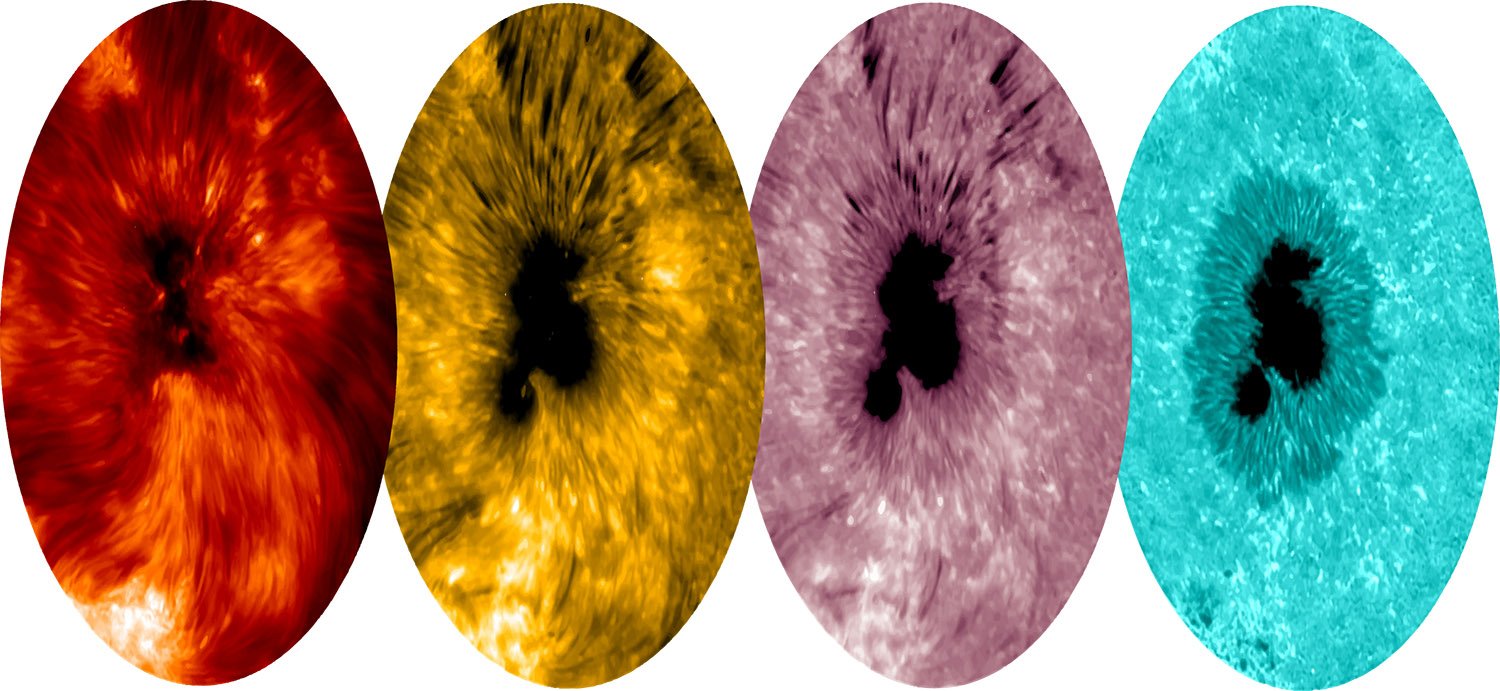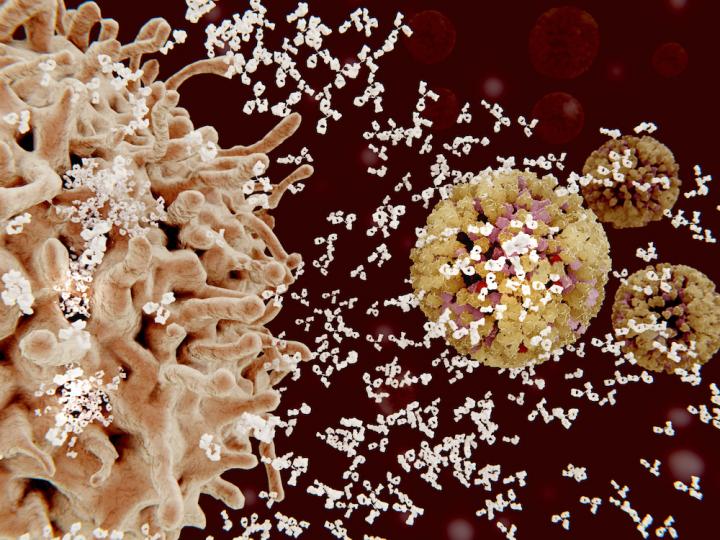Impact of the Langdon effect on crossed-beam energy transfer
New research from the University of Rochester will enhance the accuracy of computer models used in simulations of laser-driven implosions, and may bring scientists one step closer to achieving fusion. In laser-driven fusion experiments, short, intense pulses of light lasting billionths of a second are used to compress and heat hydrogen fuel to a state … Read more



